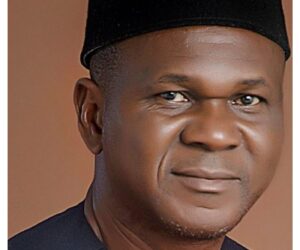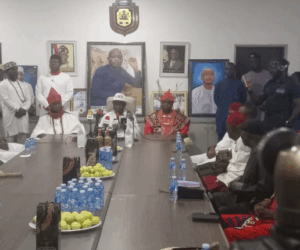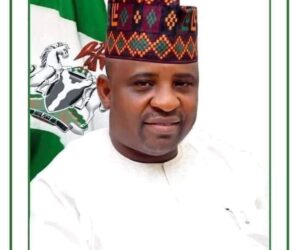The United States Mission in Nigeria has announced that visa applicants are now required to list out their social media usernames during visa applications. The move is part of the social media verification process for foreign nationals.
In a statement on its X (formerly Twitter) page, the U.S. Mission Nigeria explained that all visa applicants filling the DS-160 form are to supply the usernames of all social media accounts. This includes all accounts they’ve used from the last 5 years.
The DS-160 is an online application form used by the U.S. Department of State for all non-immigrant visa applications. This includes temporary travel to the U.S. for tourism, business, education, and other purposes, as well as K (fiancé(e)).
The agency warned applicants that any incorrect details or errors in information will lead to disqualification. It encouraged applicants to verify all details before submitting their applications.
“Applicants certify that the information in their application is true and correct before they sign and submit. Omitting social media information could lead to visa denial and ineligibility for future visas,” the statement reads.

Recall that the United States Department of State directed applicants to make their social media accounts available for verification. This was a major shift after it resumed student visa processing for foreign nationals.
The department explained that applicants under the F (academic), M (vocational), and J (exchange) nonimmigrant visa categories will undergo more intensive screening, including a review of their online presence.
The department also directed applicants to adjust their social media accounts’ privacy settings to enable seamless profile checks. It stressed that the new policy will enable a thorough screening to verify applicants’ identities and proof of their qualifications.
The move is also part of Donald Trump’s ambition to strengthen the country’s national security and ensure immigrants pose no threat to the United States and its citizens. The administration is of the notion that a visa is “a privilege, not a right,” and that applications are now subject to national security decisions.


Also Read: US embassy directs Nigerian visa applicants to make social media accounts public for vetting.
United States’ Visa tight rules
Aside from the strict application process, the U.S. has recently made changes to its non-immigrant visa policy. Last month, the US Department of State announced that nearly all non-immigrant and non-diplomatic visas issued to citizens of Cameroon, Ethiopia, Ghana and Nigeria will now be single-entry and valid for only three months.
According to the U.S, the move is part of a global reciprocity realignment. The move was a sharp shift from previous terms, which often allowed for multiple entries over two years or more.
However, the federal government of Nigeria denied reports that it only offers single-entry e-visas for three months to U.S. citizens. Presidential spokesman Bayo Onanuga said that Nigeria continues to offer a five-year multiple-entry type to US nationals.
“We want to reiterate that the US government’s claim of reciprocity as the reason for its current visa policy towards Nigeria does not accurately reflect the actual situation,” he said in July.


An aide to former Nigerian President Muhammadu Buhari, Bashir Ahmad, wrote on X that he believed the U.S. was not reciprocating but showing its displeasure with Nigeria.
“This is not solely about reciprocity. Rather, it appears to reflect growing US discomfort with Nigeria’s increasing global realignment, particularly the warm reception we are receiving from the BRICS,” he wrote.
The U.S. Mission in Nigeria have recently issued a stern warning that overstaying could lead to a permanent travel ban and potential criminal prosecution. Amid these strict measures, there are ongoing fears that the number of Nigerians who get visas will decrease in the next few months.
A 2024 Open Doors report on international education exchanges revealed that Nigeria was the seventh largest source of international students to the US, and the highest in Africa. Another report published by the US Department of State, Bureau of Educational and Cultural Affairs, showed a 13.5% increase from 2023.








